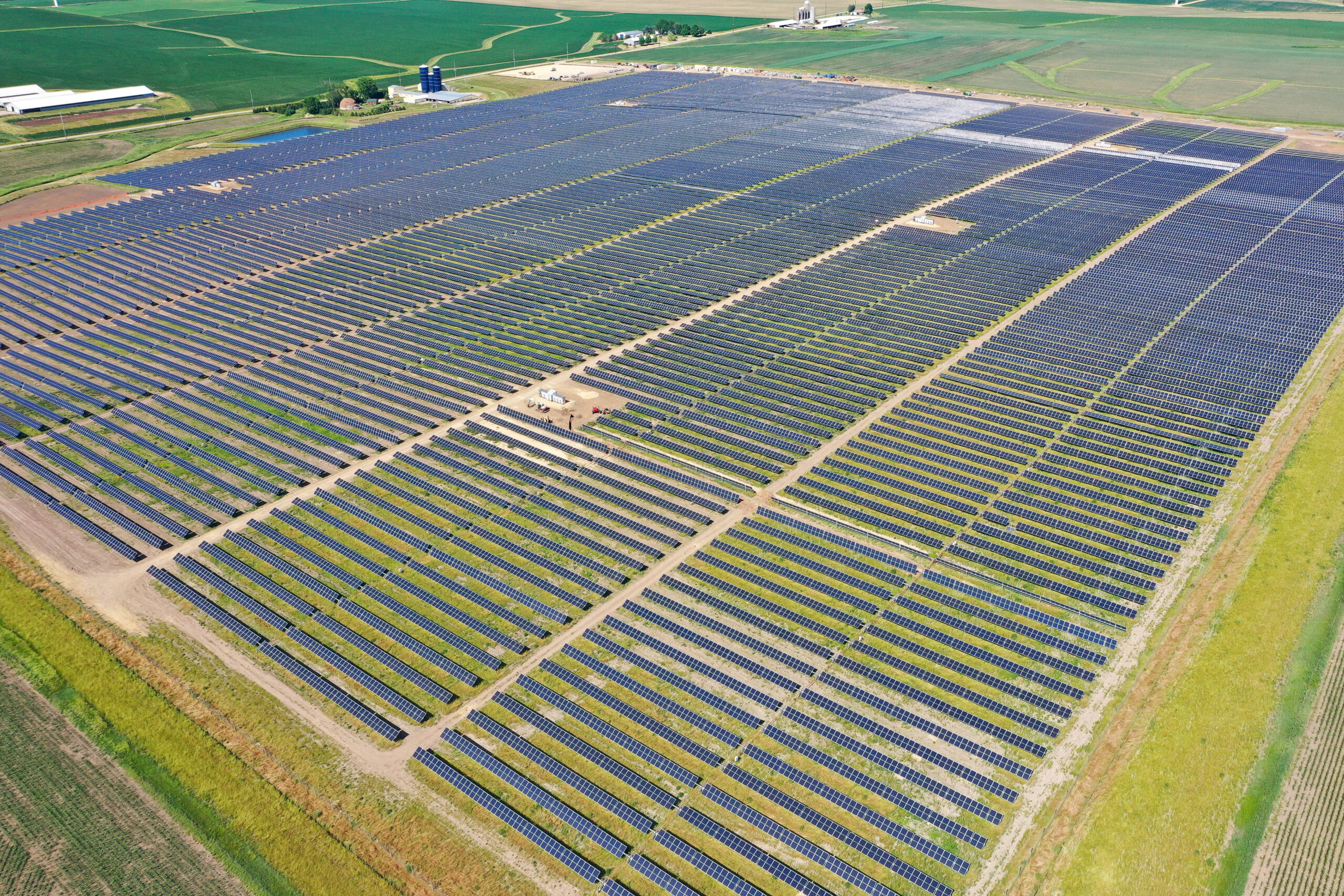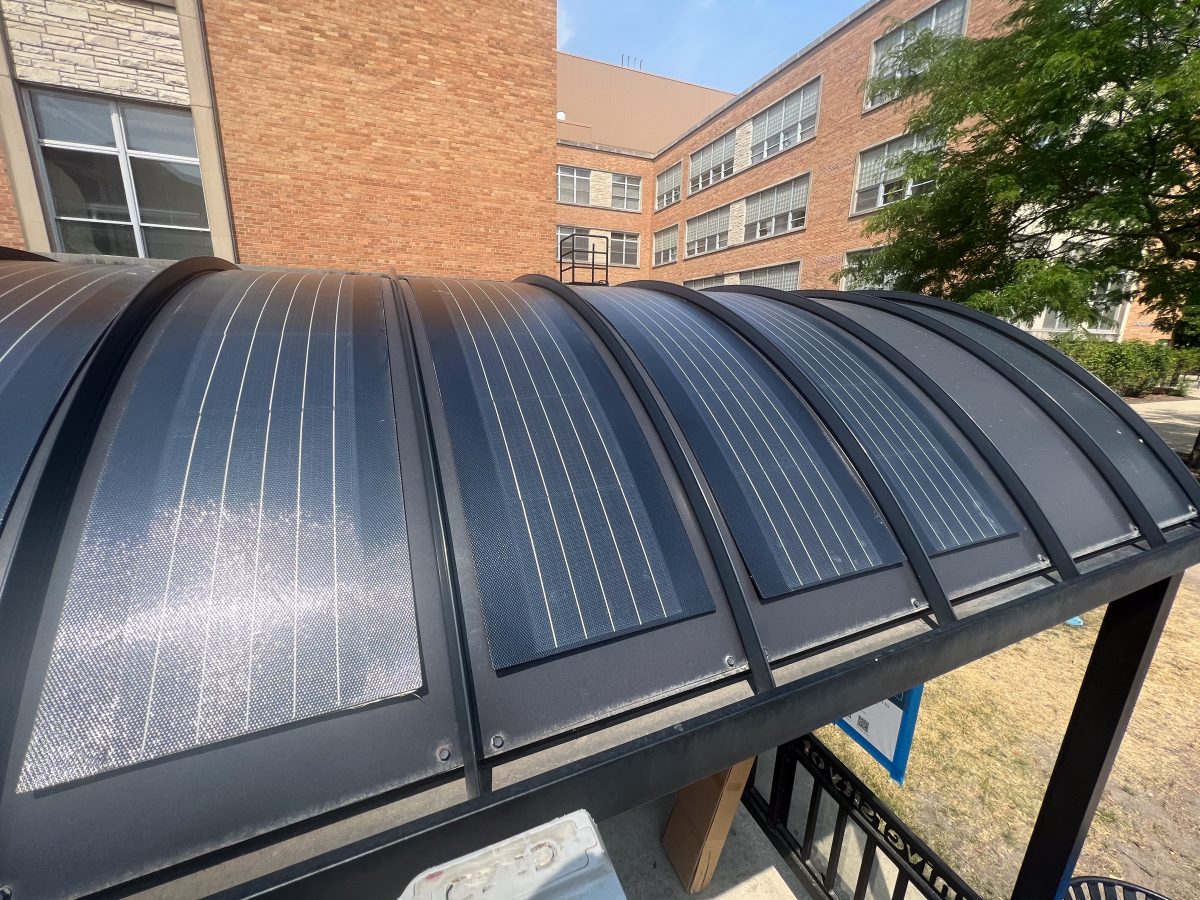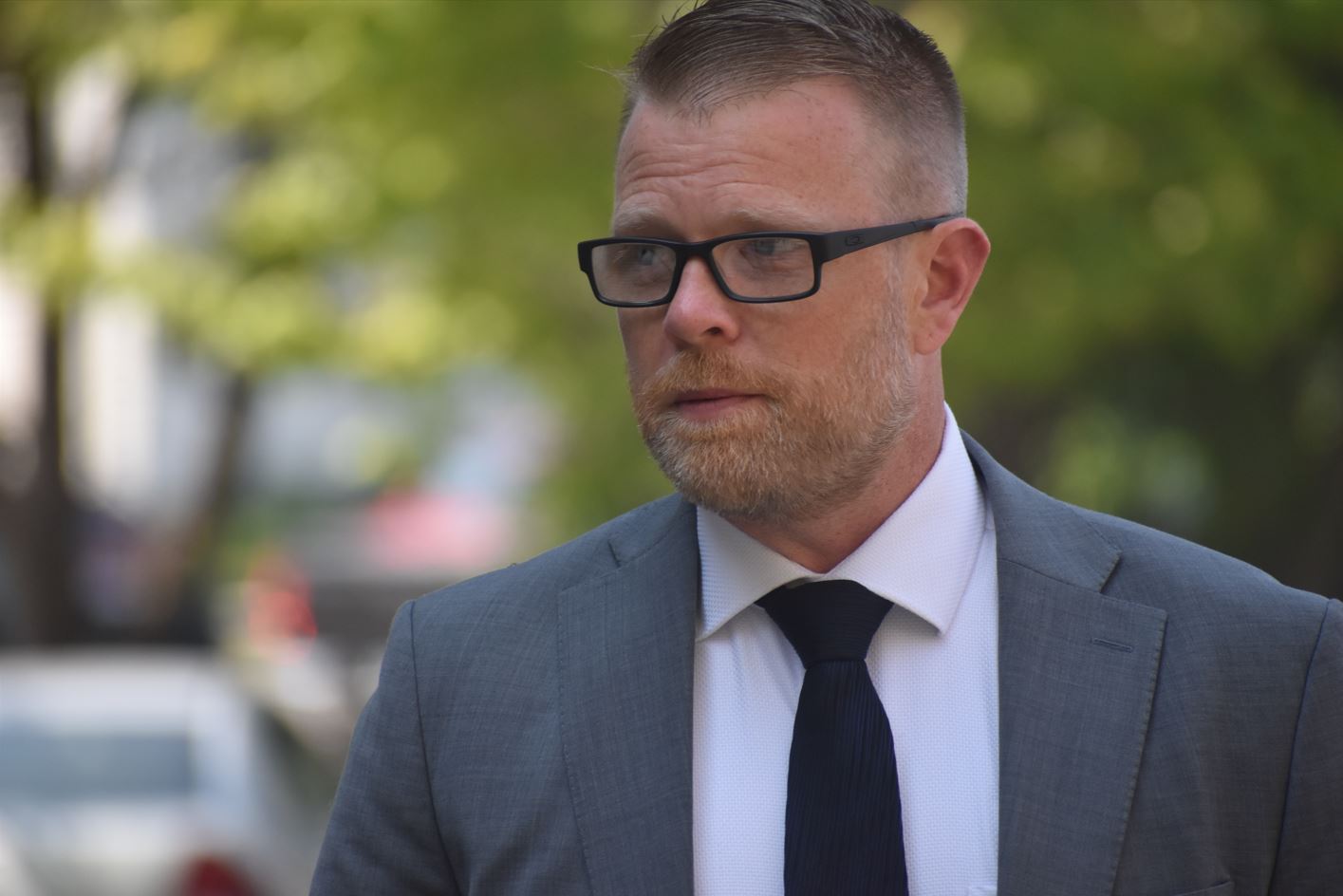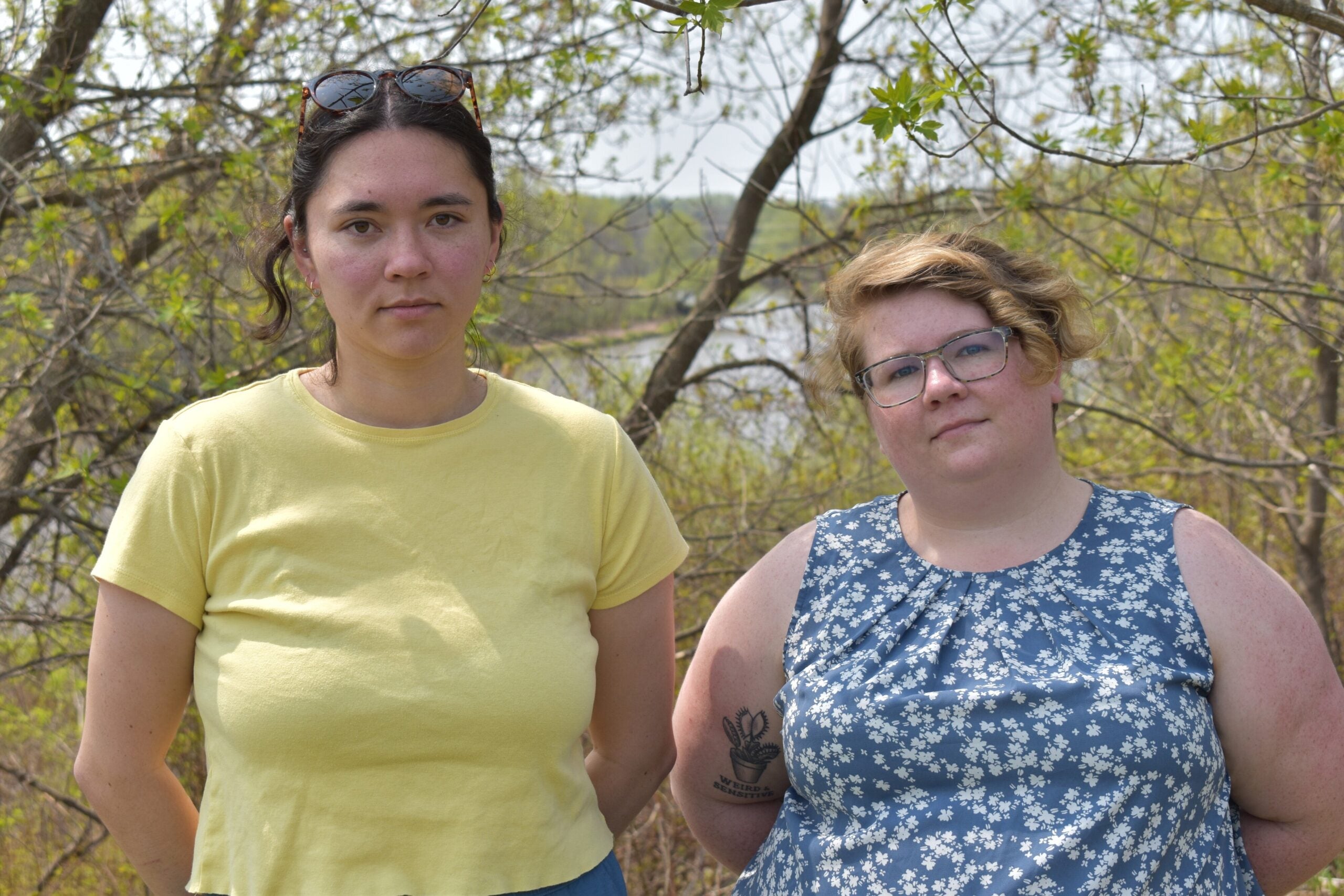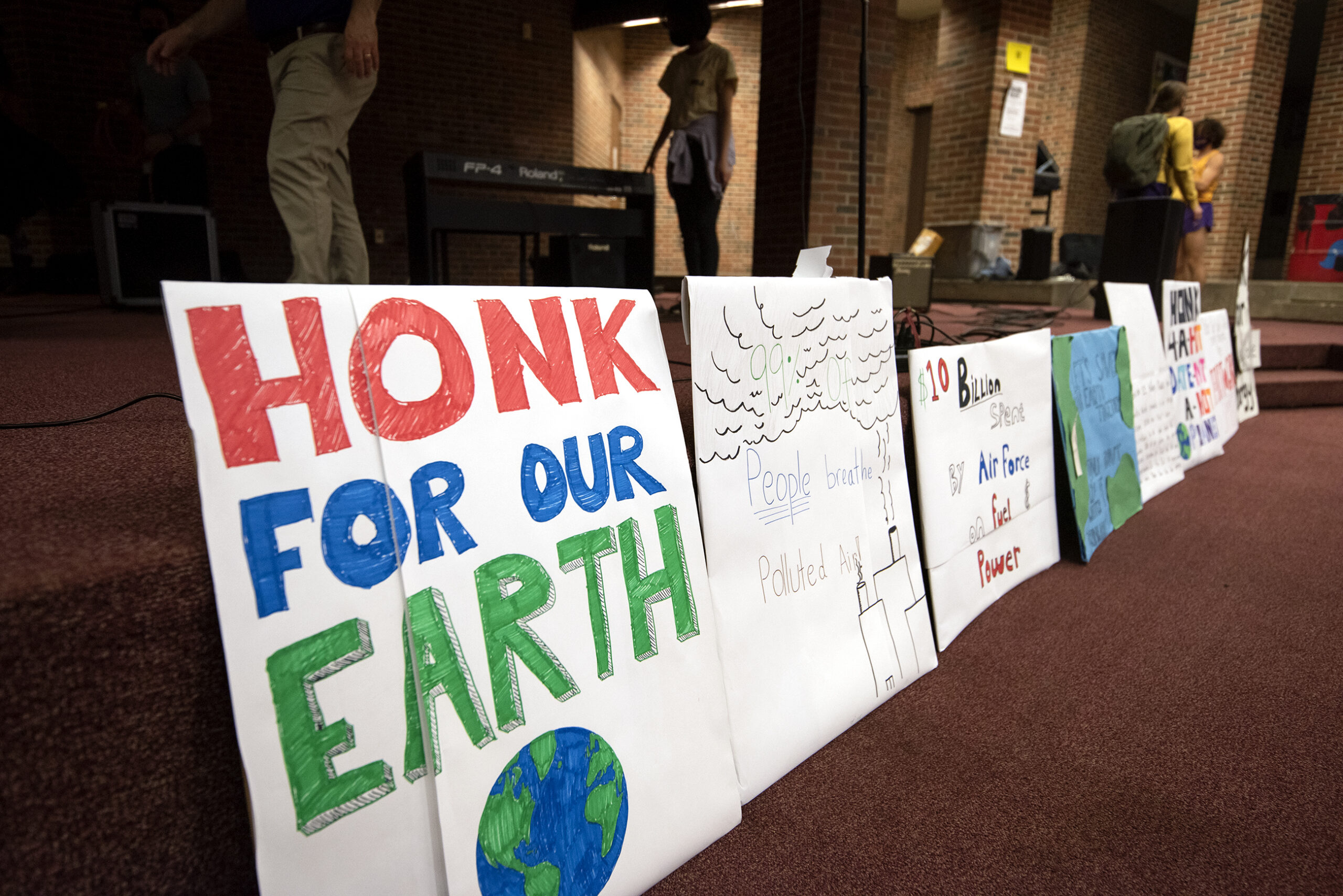Wisconsin leaders are calling on President Joe Biden to recommit to climate action and investments during Tuesday’s State of the Union address.
At a virtual press conference on Monday, state representatives, as well as local labor and environmental advocates, urged Biden and the U.S. Senate to pass a $550 billion federal climate bill — the largest in U.S. history — that would fund clean energy and green jobs.
Initially part of the stalled $2.2 trillion Build Back Better Act, the climate investments were broken out and approved by House Democrats as a separate budget reconciliation bill in an effort to speed passage.
Stay informed on the latest news
Sign up for WPR’s email newsletter.
“Climate cannot wait, and neither can our economy. So here in Wisconsin and across the country, we urge President Biden and the United States Senate to take meaningful action on climate justice and clean energy and get this package through,” said Rep. Jonathan Brostoff, D-Milwaukee.
Experts say investments included in the bill would put the U.S. on a path towards meeting Biden’s goal of cutting carbon emissions in half by 2030.
This comes as the United Nations released the second in a series of reports detailing the dire impacts of climate change in the near future if action is not taken to reverse global warming. According to the report, even an increase of a few tenths of a degree could produce four times the fires, droughts, flooding and extreme weather events we are already experiencing.
“Time is running out,” said Richard Diaz, a Midwest regional field organizer with BlueGreen Alliance. “In 2021, more than 40 percent of Americans personally suffered the impacts of climate change in the form of wildfires, droughts, extreme storms and flooding. Every day that passes costs more lives, costs more dollars and costs us opportunity if we don’t act on climate change.”
In Wisconsin, as in many states, the flooding brought on by climate change is causing significant damage to crops and property. Extreme heat waves are taking a toll on health.
“These simultaneous effects — more heat and more flooding — are likely to increase the likelihood of heatstroke, asthma and insect borne diseases in our state,” said Jennifer Giegerich from Wisconsin Conservation Voters.
She said the number of days when the heat index passes 105 degrees could triple in Milwaukee.
And communities of color and low-income communities are disproportionately impacted by the effects of climate change.
According to Sandra Sanchez, a UW-Milwaukee student and fellow with Leaders Igniting Transformation, Black individuals are 40 percent more likely to live in places where extreme temperatures will cause more deaths.
“Milwaukee is one of the most vulnerable cities in Wisconsin during these extreme heat waves. Thirty-one percent of the population experienced heat related symptoms that also include heat exhaustion and heatstroke,” Sanchez said.
As part of his broader climate plan, Biden promised to direct at least 40 percent of the overall benefits from federal clean energy investments to disadvantaged communities.
In addition to taking critical action on climate change and environmental justice, Diaz said the federal climate bill could bring as many as 85,000 good-paying union jobs to Wisconsin over the next five years.
According to Pam Fendt, president of the Milwaukee Area Labor Council, this could include jobs in clean energy supply manufacturing, electric vehicle manufacturing and maintenance, energy efficiency and building operation, and the installation and maintenance of solar and wind farms like the 200-megawatt project in Kenosha County.
“(These are) good paying jobs that will stay in Wisconsin and cannot be outsourced. It’s a blueprint to a better economy and a better environment,” Fendt said.
In November, Wisconsin lawmakers introduced an ambitious package of bills aiming to combat climate change and support the transition to clean energy. But Giegerich said federal leadership and funding is needed to ensure the success of local efforts.
Biden is scheduled to visit Superior on Wednesday to promote the $1 trillion bipartisan infrastructure law.
Wisconsin Public Radio, © Copyright 2025, Board of Regents of the University of Wisconsin System and Wisconsin Educational Communications Board.
